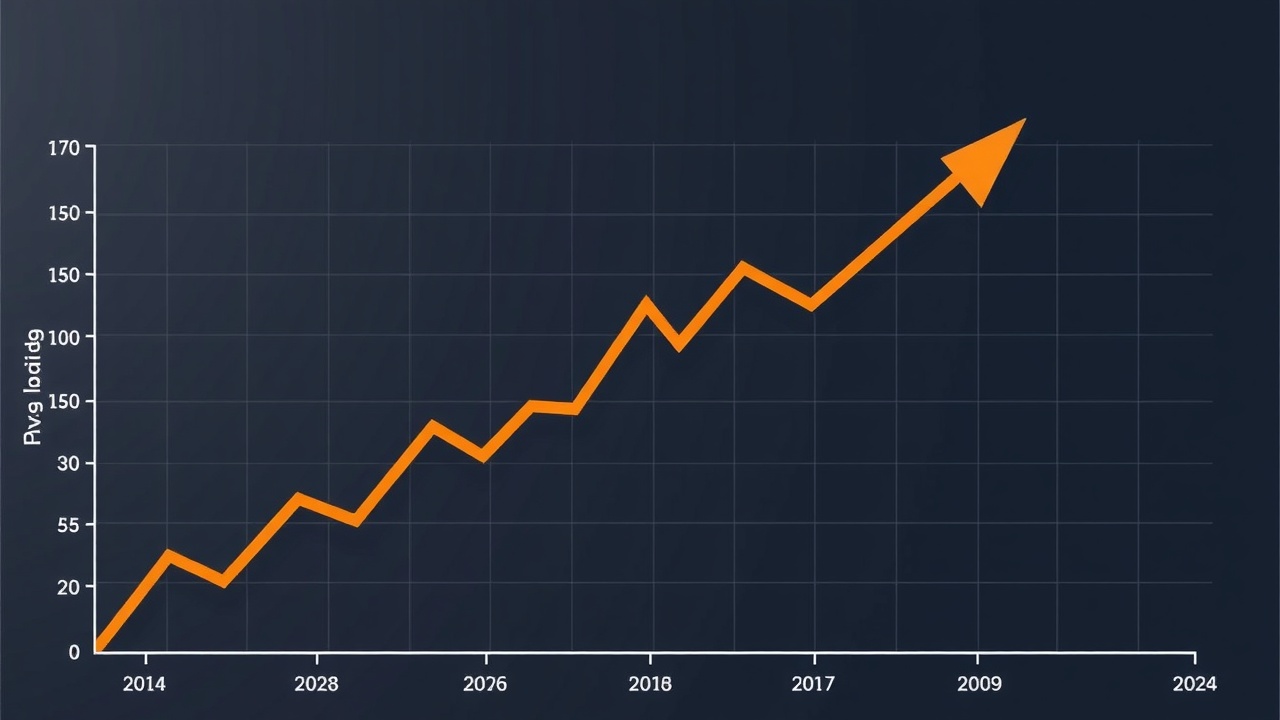
According to damning FCA reports, wealthy savers are keeping at least £10,000 To avoid stagnating returns, they should invest instead
Even the wealthy appear hesitant to invest, and households are failing to set aside enough money, the Financial Conduct Authority (FCA) has warned.
According to the most recent financial report from the City watchdog, 61% of adults with £10,000 or more in investible assets have at least three-quarters of their money in cash.
Even though savings rates have reached high levels recently, the regulator's Financial Lives Survey cautions that people who keep a lot of cash on hand are losing out on the longer-term returns from investing.
Even though the wealthy aren't investing enough, the study also reveals that one in four UK citizens lack financial resilience, with a tenth having no cash savings at all and another 21% having less than £1,000 in emergency funds.
According to data, many people are struggling financially, and some are unable to save money for a rainy day, said Sarah Pritchard, executive director of consumers and competition at the FCA. Furthermore, we are aware that some people lack the courage to invest.
The country's savings and investments are being used in the following ways, and more significantly, they are not.
Low levels of investment and savings.
According to FCA research, the median amount saved by individuals stays between £5,000 and £6,000.
The FCA notes that people with little money are more likely to be overwhelmed by their obligations or unexpected expenses, and it estimates that 13.1 million adults, or 24% of the population, are considered to have low financial resilience.
The opposite is also true: 61% of those with over £10,000 in investable assets keep their money in cash instead of investments.
Approximately one out of ten adults have savings of over £50,000, and one out of five have savings of at least £25,000.
"It speaks to a broader cultural reluctance to invest, and perhaps to a lack of confidence or understanding in navigating financial markets," stated Rachael Griffin, a tax and financial planning specialist at Quilter.
In its quest to strengthen the UK's investment culture, Labour has pledged to address precisely this type of behavioral issue. The discussion now centers on how we can make better use of current products to promote long-term investing, even though the proposed British ISA has been wisely shelved.
"It makes sense and is essential to expand participation in capital markets, but any reform must properly balance promoting investment and safeguarding savers."
Griffin argues that a lack of financial education is the primary cause, saying: "Investing will continue to be the domain of a select few until people are comfortable making well-informed decisions regarding risk and reward. Because of this, it is essential to develop financial literacy from the ground up and make sure that assistance is available, whether in the form of regulated advice, targeted support, or guidance.
A country unprepared for old age.
Despite auto-enrollment, the report also points out that pension savings are low.
According to the FCA, two-fifths of non-retirees are not currently making pension contributions, and one-fifth do not have a private pension.
When people are saving for a pension, their contributions are still modest.
According to the Financial Lives Survey, one-third of adults with defined contribution (DC) pensions have less than £10,000 saved for retirement.
Many people also feel unprepared for retirement; according to 22% of respondents, they don't know what their options are, and 31% acknowledge that they haven't considered how they'll handle their finances in retirement.
Dan Coatsworth, an investment analyst at AJ Bell, stated: "It seems that many people are putting themselves in a difficult situation later in life by failing to save enough money for the future.
According to the FCA's Financial Lives survey, many people will depend too heavily on the state pension to cover their expenses and maintain their standard of living after they retire. The current full state pension is £11,973 annually, which should help you maintain your standard of living but leaves little money for other luxuries.
Scam risk.
People are also at risk of scams due to a lack of involvement and understanding of financial products.
According to the FCA report, one in seven adults had been the victim of a financial scam or fraud in the previous year, with Authorized Push Payment (APP) and card fraud coming in first and second.
"This continues to be a financial resilience issue," Griffin continued. Being the victim of fraud can have long-term effects, especially for people who are already dealing with debt or low savings. Younger adults and those with weaker financial standing are frequently disproportionately impacted, according to FCA data, and scammers are getting more adept at taking advantage of psychological triggers as well as digital platforms.
"Businesses need to make sure victims receive prompt, equitable treatment when something goes wrong in addition to investing in improved fraud detection and consumer education. More than just security is necessary for a robust, reliable financial system; it also needs to be responsive and provide assistance to clients in their hour of greatest need.














Leave a comment on: City watchdog alert: excessive cash holdings by wealthy savers